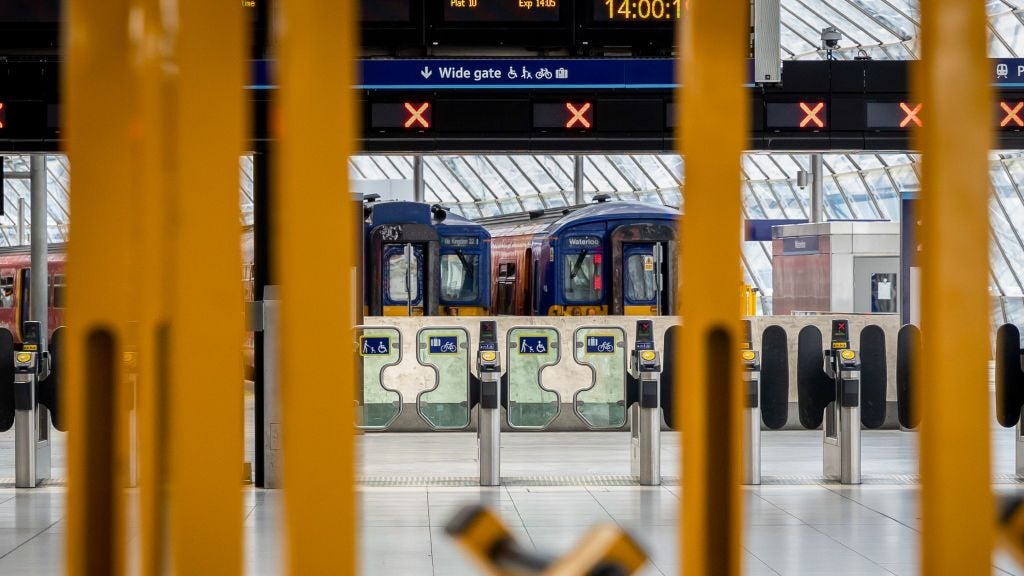
Further industrial action has been announced for July by the UK’s National Union of Rail, Maritime and Transport Workers (RMT), as part of an ongoing dispute with Train Operating Companies (ToCs) over conditions, pay and involuntary redundancies.
At least 20,000 RMT members working across 14 train operating companies are expected to take strike action on 20, 22 and 29 July.
The vote came after the union said no updated pay offer or negotiation proposals were shared by the ToCs or central government (which holds the operators’ contracts) since previous walk-outs.
RMT general secretary Mick Lynch said: “This latest phase of action will show the country just how important railway staff are to the running of the rail industry.
“My team of negotiators and I are available 24/7 for talks with the ToCs and government ministers.”
In response to the strikes, the UK’s Department for Transport (DfT) said it has “played its part” by making pay offers and called on the RMT to “do the right thing”.
How well do you really know your competitors?
Access the most comprehensive Company Profiles on the market, powered by GlobalData. Save hours of research. Gain competitive edge.

Thank you!
Your download email will arrive shortly
Not ready to buy yet? Download a free sample
We are confident about the unique quality of our Company Profiles. However, we want you to make the most beneficial decision for your business, so we offer a free sample that you can download by submitting the below form
By GlobalDataA spokesperson from the DfT said to Railway Technology: “The RMT leadership’s decision to call strikes… will disrupt people’s plans across the country. After a year of industrial action, passengers and rail workers alike are growing tired of union bosses playing politics with their lives. It’s high time the union leaders realised that strikes no longer have the impact they once did and are simply driving people away from the railway.
“This government has played its part by facilitating fair and reasonable pay offers that would see generous increases for rail workers. Union leaders should do the right thing and give their members a chance to vote on these pay offers.”
But Lynch and the RMT dispute the quality of the offers made and pointed out that members have voted repeatedly to renew the “strike mandate” required under UK law.
Mick Lynch added: “Our members have now voted three times to take strike action over the last 12 months – the most recent of which coincided with having the full details of the substandard offer from the rail operators.
“They voted by nine to one to renew their strike mandate and RMT will continue its industrial campaign until we reach a negotiated settlement on pay, working conditions and job security.”



